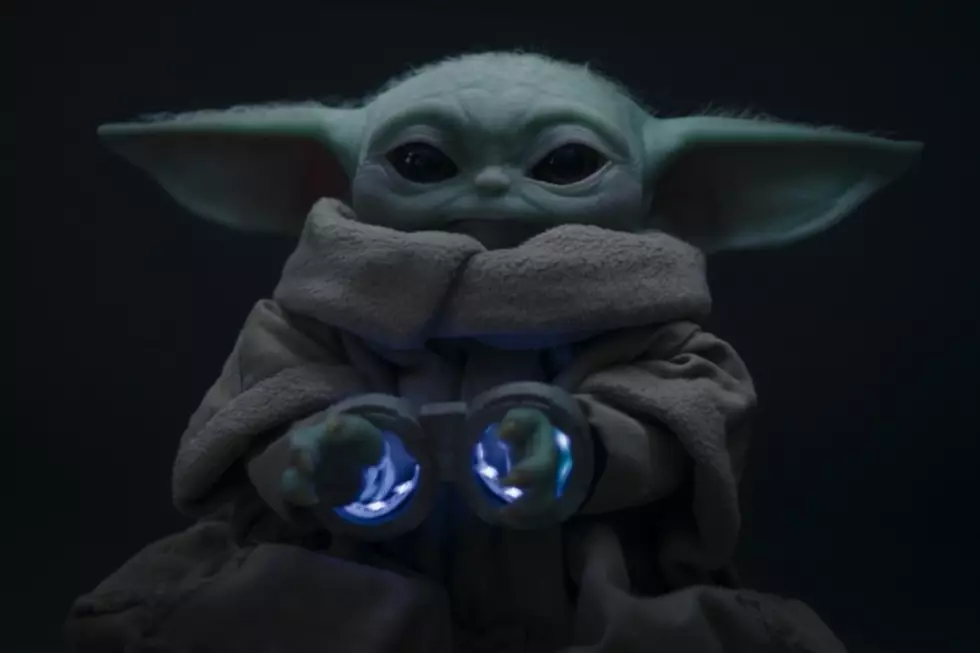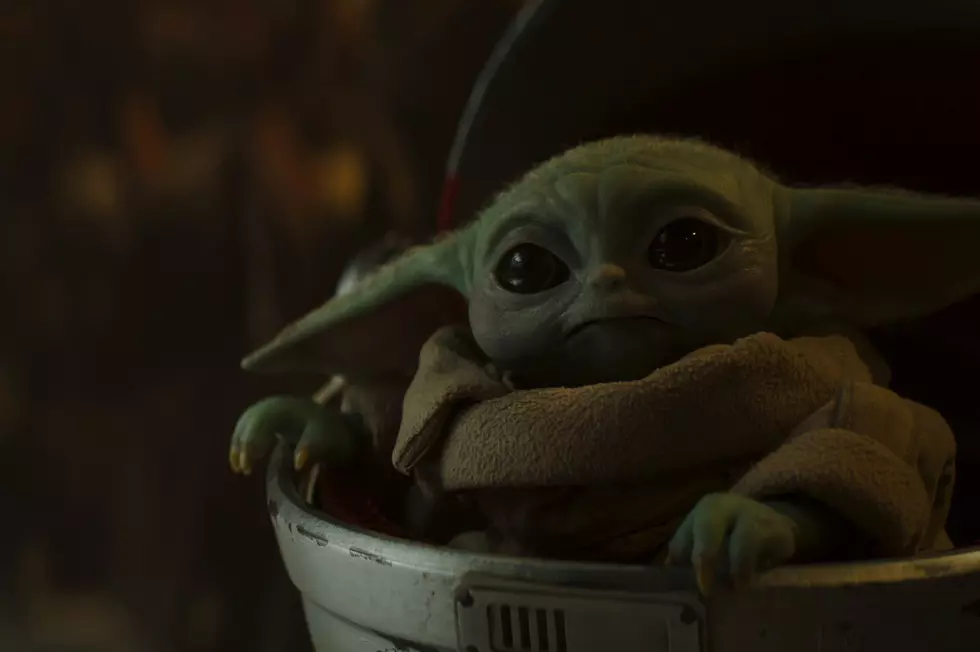
Report: Tony Gilroy, Not Gareth Edwards, Supervising ‘Rogue One’ Edit
This Rogue One movie has more intrigue than a secret rebellion against a galactic empire.
There have already been months of rumors about Rogue One: A Star Wars Story and reshoots done to possibly “lighten” the tone of this somewhat darker sci-fi adventure. (Later reports claimed the reshoots, which aren’t that unusual on a major tentpole release, were primarily for “clarity and character development.”) Today The Hollywood Reporter says that the film’s credited director, Gareth Edwards, is not in charge of the editing of his own movie.
According to THR’s inside sources, it is Tony Gilroy, the man who directed The Bourne Legacy, who is “empowered to take the lead on postproduction” for Rogue One. Edwards is still involved with the film, but it is Gilroy, who is now in charge:
Gilroy ... became the driving force behind Rogue One's extensive, recently wrapped reshoots, which ran around five weeks. Now he is said to be ‘supervising’ the edit with input from Edwards, who scored the Rogue One job after his 2014 Godzilla reboot impressed Lucasfilm's Kathleen Kennedy. Edwards, 40, remains very much involved and still is the face of the movie, appearing at Star Wars Celebration in mid-July.
THR says Gilroy and Edwards are not working on separate cuts of the movie, instead they are “all in [the editing room] with their ideas ... they’re all working together.”
This could all amount to absolutely nothing; when Rogue One arrives in theaters in December it could feel coherent and sharp and fantastic. Plenty of movies have had reshoots and director issues and turned out just fine (The Bourne Identity, which Gilroy wrote and worked on even as director Doug Liman fought with producers, is just one good example). But it is interesting to see this story in light of THR’s other big report today about the strife behind the scenes of Suicide Squad and the struggles on these huge movies between younger and less experienced directors and studios who want a lot of control over their blockbusters (with very good reason).
A source in the THR Suicide Squad story says that big-name directors don’t want these massive tentpole gigs because “they want to develop [the material] for five years, and there’s a machine that has to be fed.” So these jobs fall to younger directors, who are more easily controlled, and have more to lose if they speak out when their visions aren’t honored. Hopefully Gareth Edwards’ vision for Rogue One is fulfilled by the movie we get in theaters on December 16.
More From KISS FM










